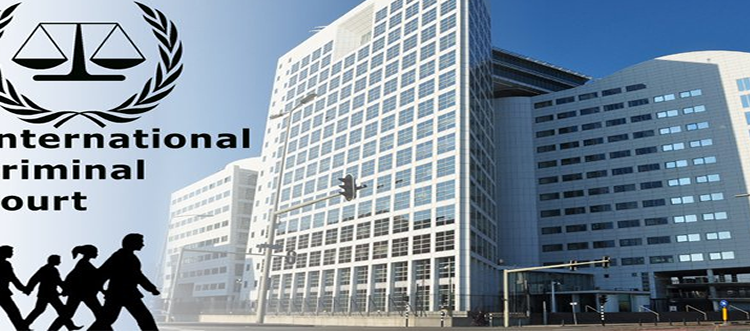By Journalists For Justice
On March 3, 2015, the Appeals Chamber at the International Criminal Court (ICC) issued the first-ever judgment on reparations in the case against former Congolese warlord, Thomas Lubanga, in August 2012. Lubanga became to first person to be convicted by the ICC for the enlistment, conscription, and use of child soldiers under the age of 15 years to participate actively in hostilities. Lubanga was sentenced for 14 years for the crimes that took place in 2002 and 2003 in eastern Democratic Republic of the Congo.
In the Lubanga case, the Trial Chamber did not lay the reparation obligation squarely at the foot of the convict. Rather, the Trial Chamber imposed upon the Trust Fund for Victims.
Since then, reparations for victims of international crimes or gross human rights violations have received increasing attention in ICC situation countries like Kenya and globally. Such reparations can include restitution, indemnification, and rehabilitation.
Peter Dixon, a sociologist working as a Peacekeeping Evaluation Officer at the United Nations and has been with ICC’s Trust Fund for Victims looks into reparations and assistance as determined by the Rome Statute.
Dixon, who has done research focused on efforts for victims of armed conflict in the eastern Democratic Republic of the Congo and Colombia, says there are lessons to learn from both. Read more:







